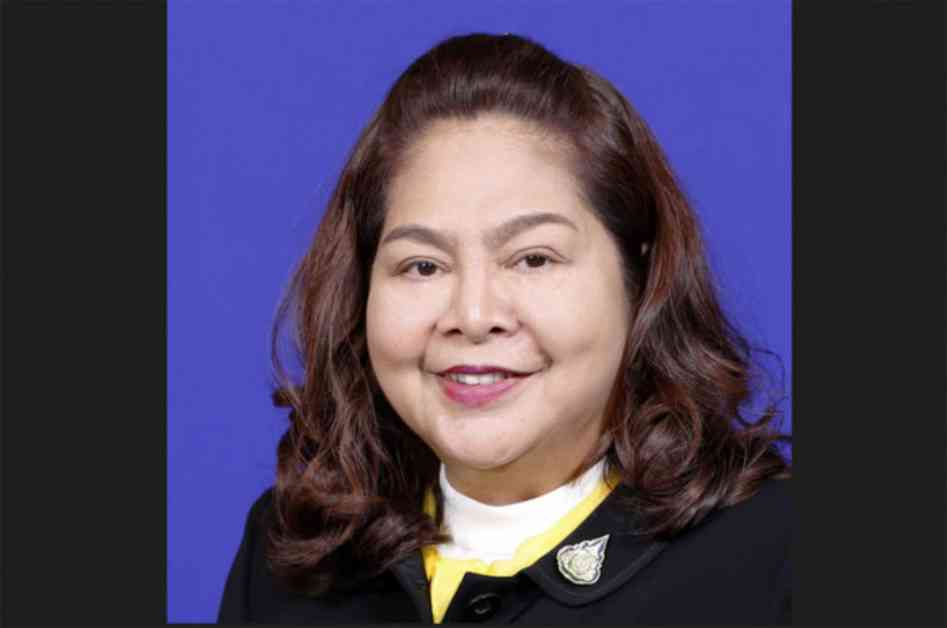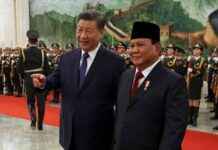Former MPs to be paroled: Three individuals set for release on Sunday
Three former Bhumjaithai Party MPs imprisoned for ethical violations will be released on parole on Sunday, according to the Department of Corrections. The trio includes Natee Ratchakitprakarn, a former list MP and the wife of Labour Minister Phiphat Ratchakitprakarn; Chalong Thoetwiraphong, a former Phatthalung Constituency 2 MP; and Phumsit Khongmi, a former Phatthalung Constituency 1 MP. They were handed nine-month prison terms for allowing other MPs to use their electronic voting cards during a vote on a budget bill in January 2020.
Ethical Violations Lead to Prison Sentences
The Supreme Court’s Criminal Division for Political Office Holders sentenced the three former MPs on June 11 for their involvement in permitting the misuse of electronic voting cards, causing the bill’s second and third readings to be deemed invalid. Additionally, they were stripped of their political rights as a consequence of their actions.
Parole Conditions and Release Plans
Following the completion of half their sentences and meeting the necessary parole criteria, Natee, Chalong, and Phumsit will be released from the Bangkok Special Prison and the Central Women’s Correctional Institution. Natee will reside with her husband in Bangkok, while Chalong and Phumsit will return home to Phatthalung. As part of their parole conditions, they will wear electronic monitoring bracelets and regularly report to a probation officer until their sentences end.
Calls for Equal Treatment
Former Democrat list MP Watchara Petchthong expressed concerns about potential disparities in parole privileges based on economic status. While congratulating Bhumjaithai leader Anutin Charnvirakul and the families of the parolees, Watchara urged the Department of Corrections to apply consistent standards to all prisoners, regardless of their financial means or connections.
In conclusion, the impending release of the three former MPs highlights the complexities of the parole system and raises questions about fairness and equity in the treatment of all individuals within the criminal justice system.




















